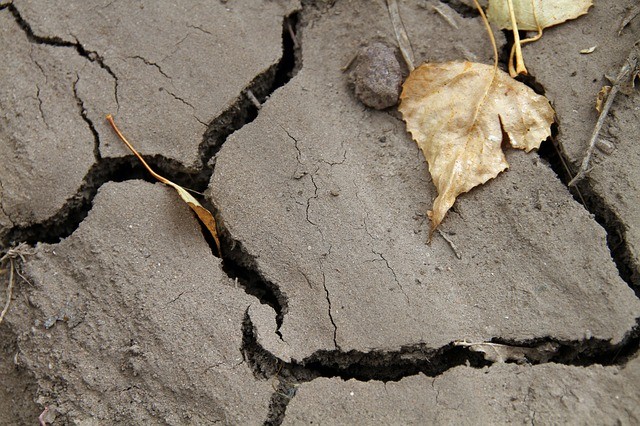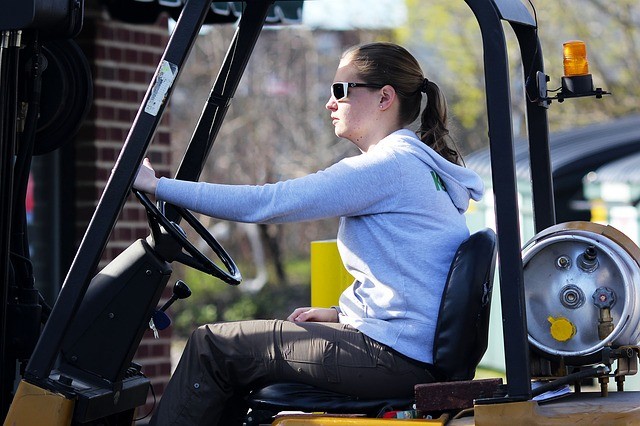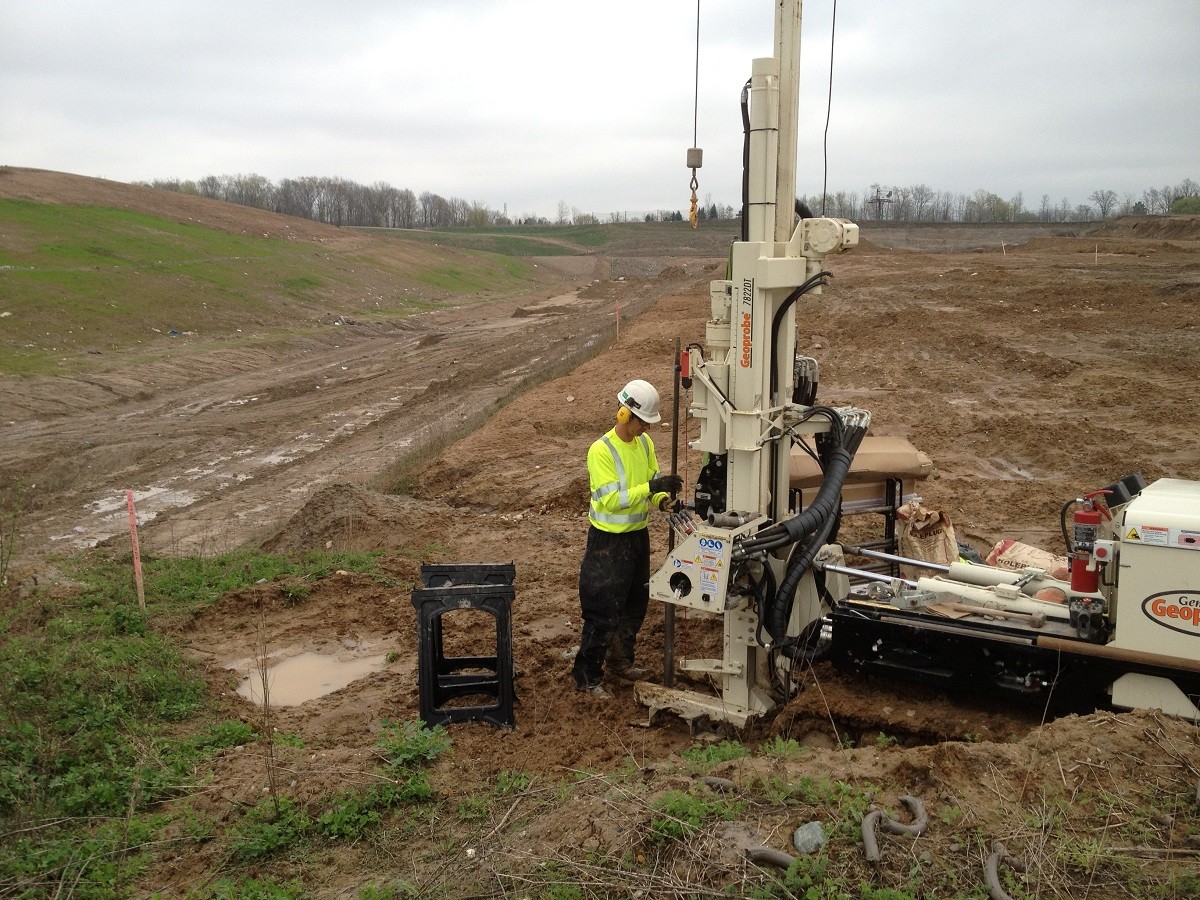Environmental drilling is an effective way to determine if there are any contaminants in soil and groundwater on your site. It’s more invasive than a simple sample, and you can “dig deeper” to see what’s going on below. Unfortunately, it’s not exactly a practice you can simply learn from a textbook. Between knowing your way around the equipment, drilling process, and learning how to work around the weather, drilling can be difficult for anyone.
Even so, there is the DIY route: Rent a rig, set it up on site, and give it a go! Renting could be a viable option if you have someone on staff that is versed in running a drill rig.
Note* Depending on your location, it can be difficult to find a vendor to rent out drill rigs.
Here are some of the situations where you might want to consider outsourcing the service.
When you’re unfamiliar with the terrain or environment

No matter where you’re based, you’ve probably worked in a location that isn’t your “typical fare.” The soil might be different, there might be unique groundwater contamination concerns, or the weather might just be unruly and unpredictable.
Seeking out a local drilling contractor in these situations will alleviate any stress about finding your own drill rig and learning how to use it in an unfamiliar environment.
When you don’t have the equipment (or the expertise)
Soil and groundwater investigations that require drilling might be right up your alley in terms of analytical results and identifying potential contaminant sources, but collecting samples can be a whole different ball game.
If you don’t have the equipment, you have three options: purchase, rent, or outsource.
Purchasing is a viable option for consultants who find themselves in this situation on a regular basis. Renting might be a good solution for consultants that have someone on staff who knows how to run it. Outsourcing can take all of those questions off the table.
At the end of the day, you should do a cost-benefit analysis of which road to go down.
If you’re unsure of regulations

Drilling when you’re unsure of state and local environmental regulations could result in some hefty fines coming your way. Sometimes regulations are easy to untangle. Sometimes they get complicated. To avoid any snafus in the drilling process, hiring a local contractor might be the way to go. Chances are most of their business comes from their “home base,” so they’ll know the ins-and-outs of the regulatory world.
If you don’t want your own resources out there

Being smart about utilizing your own resources is key to running a profitable business. Having drillers on staff can certainly put you ahead of the curve on some projects, but with a busy schedule, sometimes they are better utilized elsewhere. In this case, hiring an environmental drilling consultant will save you from scheduling headaches and give your drillers the chance to make money elsewhere.
Phase II ESA support
If you have done a Phase I ESA for a client and have identified Recognized Environmental Concerns (RECs), it’s likely that you’re going to recommend performing a Phase II ESA to get a bigger picture of what’s going on. A Phase I ESA can be completed remotely after a site reconnaissance. After that part’s complete, you might find yourself cities or states away from a site that needs environmental drilling. In this case, it might be more feasible to hire an outside consultant to do the drilling. That way, you can free up time and resources to complete other projects.
These are only a few cases that outsourcing environmental drilling services might be in your and your client’s best interests.
Ready to get your next environmental project started? Get in touch with our environmental experts today.


